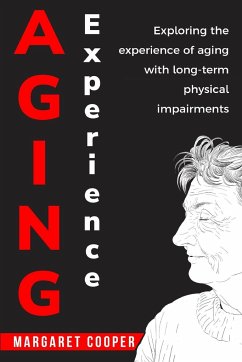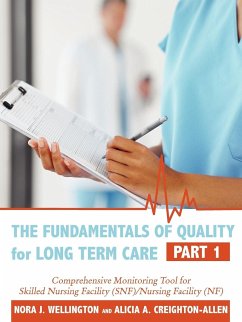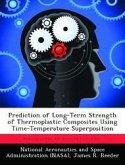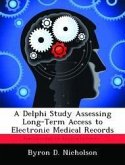The aim of this research is an exploration of the experience of ageing for people with long-term physical impairments. As friends and activist colleagues with varied impairments grew older, many lost strength and gained secondary health problems. Some died. Others started losing functional ability a decade or two before they reached the age of sixty, generally accepted by the United Nations as the time when ageing begins in developed economies (UN, 2002, WHO, 2009). Such decline of physical abilities in people previously coping with impairments was unexpected. Were people ageing with long-term impairments really subject to accelerated ageing as proposed by polio specialist Dr Maynard in 1985? Those who had been in rehabilitation centres earlier in their lives, thought that when functional strength and movement was regained, that capacity would never be lost again. An American physiatrist, better known in Australia as a specialist in physical medicine and rehabilitation, wrote of his own initial recovery and belief.








